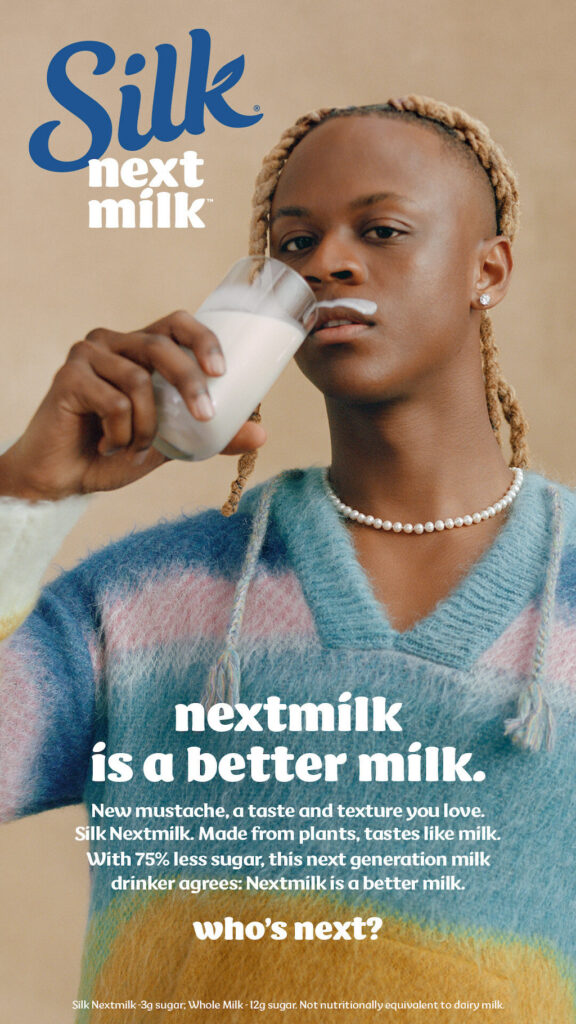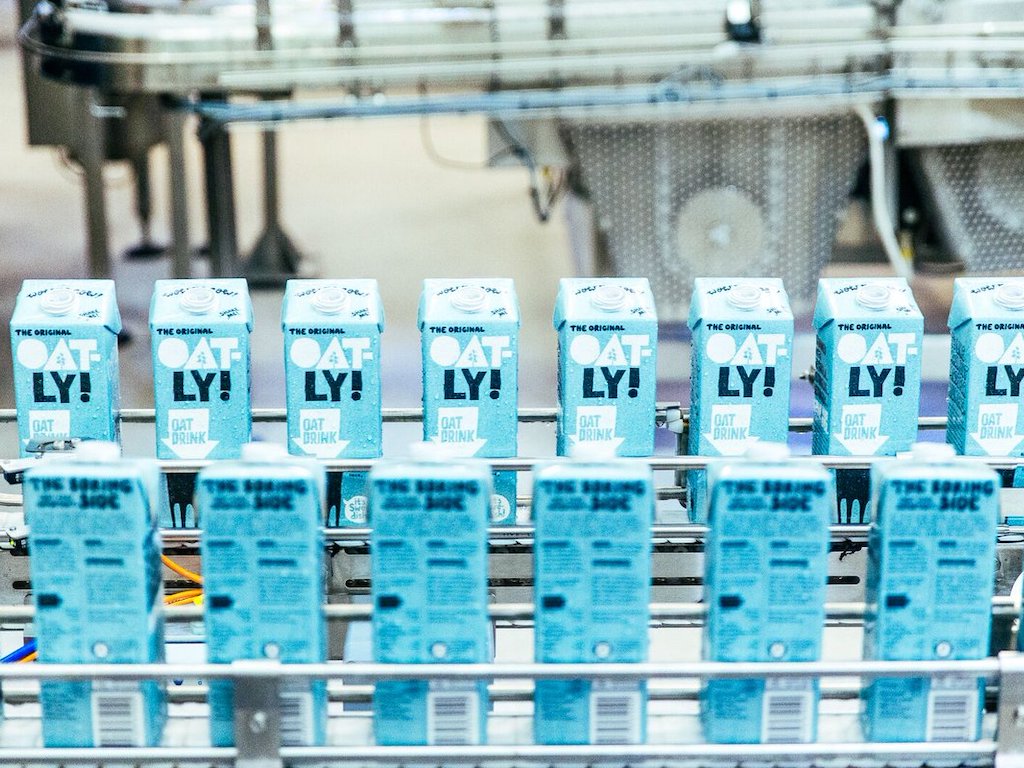Dairy-Free Products Drive the Plant-Based Category, But They Have A Retention Problem, Survey Finds
3 Mins Read
A new report finds that while the demand for dairy-free options continues to rise, consumers aren’t sold on the options.
More than 80 percent of consumers surveyed by Olam Food Ingredients (OFI) said they use plant-based products at least once per month, and 55 percent say they’ve increased consumption in the last two years. Over the next two years, 63 percent say they plan to further increase their consumption, the report notes.
The findings
The dairy-free category continues to lead plant-based sales in the U.S., with plant-based beverages, desserts, and ice-cream markets worth an estimated $4.3 billion last year. According to the Good Food Institute, dairy-free products account for 16 percent market share of the plant-based category.

However, despite the growing demand for dairy-free products, seven percent of consumers who have tried plant-based products switched back to dairy products after unrewarding experiences with the alternatives. More than 33 percent of consumers say they have not found a plant-based dairy product that meets all their needs, despite widespread interest in the category.
“As the plant-based consumer landscape continues to broaden, food and beverage manufacturers will have new challenges to ensure that their products are meeting consumer expectations,” Ofi’s Vice President of Innovation and head Customer Solutions Center in North America, Sonali Dalvi, said in a statement.
‘Huge potential’
“There is huge potential to create new formulas with ingredients like cocoa, nuts, and spices, that can provide natural or clean-label properties allowing companies to produce new plant-based offerings that are both naturally delicious and can help enable health, wellbeing, and nutritional benefits.”

The study found that taste and texture, accessibility, and affordability were the leading reasons why consumers had not purchased plant-based dairy products.
“This is a call to action to the food and beverage industry,” Dalvi said. “You need a fresh, creative approach to flavor creation, color, and texture development to make products that captivate consumers.”
Still, consumers, particularly Gen Z, say they’re ashamed to consume conventional dairy in front of their peers, a 2022 survey revealed.
Efforts continue to increase to bring consumers to the category; Silk recently launched a “Next Milk” campaign featuring the “nepo babies” of the popular dairy industry “Got Milk?” campaign of the 1990s.
Oatly, the popular Swedish oat milk brand has also seen unprecedented success with its clever marketing efforts. It’s become a coffee shop staple around the world with some shops even making it the default milk option as consumer preferences shift.



